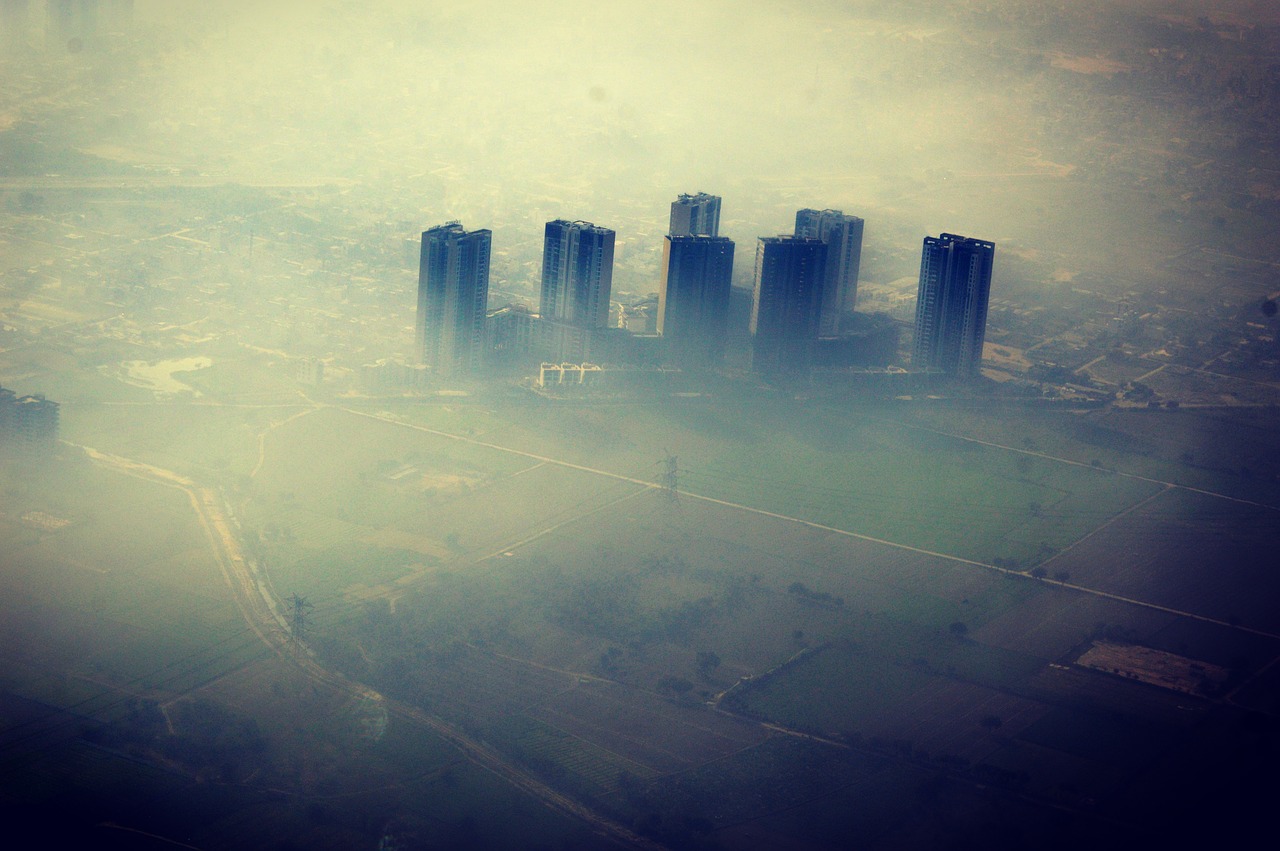Sacrifice, development, progress: the names we give to human events often depend on our point of view. The most vilified and notorious criminals in history have been responsible for the deaths of millions. Genghis Khan murdered 1.7 million, the Khmer Rouge 1.8 million, and Adolf Hitler 6 million. But what happens when millions of deaths are caused by the “externalities” of economic development or “progress”? And what are we to think when the World Health Organization (WHO) reports that more than 3.3 million people die each year from air pollution?
This is a worldwide issue but it is currently occurring more frequently in developing countries (see chart) where the rapid increase in the number of cars, the use of older engines and poor quality fuels and the increase of power generation from coal and other dirty fuels is exacerbating the problem. Urban outdoor pollution more negatively affects those living in large cities than those living in rural areas where air tends to be cleaner.
The cause is particulate matter of 10 micrograms or less (“PM10”) or tiny particles capable of penetrating lungs and entering the bloodstream. Once in the body PM10 leads to heart disease, lung cancer, asthma and acute lower respiratory infections.
WHO sets guidelines for PM10 recommending that air does not contain more than 20 micrograms per cubic meter. Data shows that concentrations in major cities around the world far exceed the recommended maximum and that the worldwide average is 70 micrograms per cubic meter.
Adverse impacts of air pollution disproportionately affect the ill, children and elderly as well as households with lower incomes and limited access to health care. Unfortunately health effects of PM10 have both short and long term implications: asthmatics, for example, can have problems on a single day when air quality deteriorates whereas chronic exposure to high levels of particulate matter often lead to a higher risk of long-term cardiovascular disease.
While WHO identifies and monitors pollution levels and issues it is up to member states to focus on actions that could be helpful in protecting citizens from health risks.
Key facts on Air Quality and Health according to WHO:
- Air pollution is a major environmental risk to health. By reducing air pollution levels, we can help countries reduce the global burden of disease from respiratory infections, heart disease, and lung cancer.
- The lower the levels of air pollution in a city, the better respiratory (both long- and short-term), and cardiovascular health of the population will be.
- Indoor air pollution is estimated to cause approximately 2 million premature deaths a year mostly in developing countries. Almost half of these deaths are due to pneumonia in children under 5 years of age.
- Urban outdoor air pollution is estimated to cause 1.3 million deaths worldwide per year. Those living in middle-income countries disproportionately experience this burden.
- Exposure to air pollutants is largely beyond the control of individuals and requires action by public authorities at the national, regional and even international levels
- The WHO Air quality guidelines represent the most widely agreed and up-to-date assessment of health effects of air pollution, recommending targets for air quality at which the health risks are significantly reduced. The Guidelines indicate that by reducing particulate matter (PM10) pollution from 70 to 20 micrograms per cubic metre, we can cut air quality related deaths by around 15%.
- Some cities are responding to the problem of pollution by promoting public transport, walking, cycling, clean burning and renewable fuels, and improvements in the energy efficiency of plants and buildings.
With time more and more issues being faced by the world’s population require coordination of both international and local efforts if they are to be solved. The information age is allowing humans to identify, quantify and theorize about a wide array of problems and begin to work on potential solutions more quickly than ever before; let’s hope air pollution mitigation is near the top of that list.
[relatedYouTubeVideos relation=”title” max=”1″ class=”horizontal center bg-black” showVideoTitle=”true” showVideoDescription=”true”]







